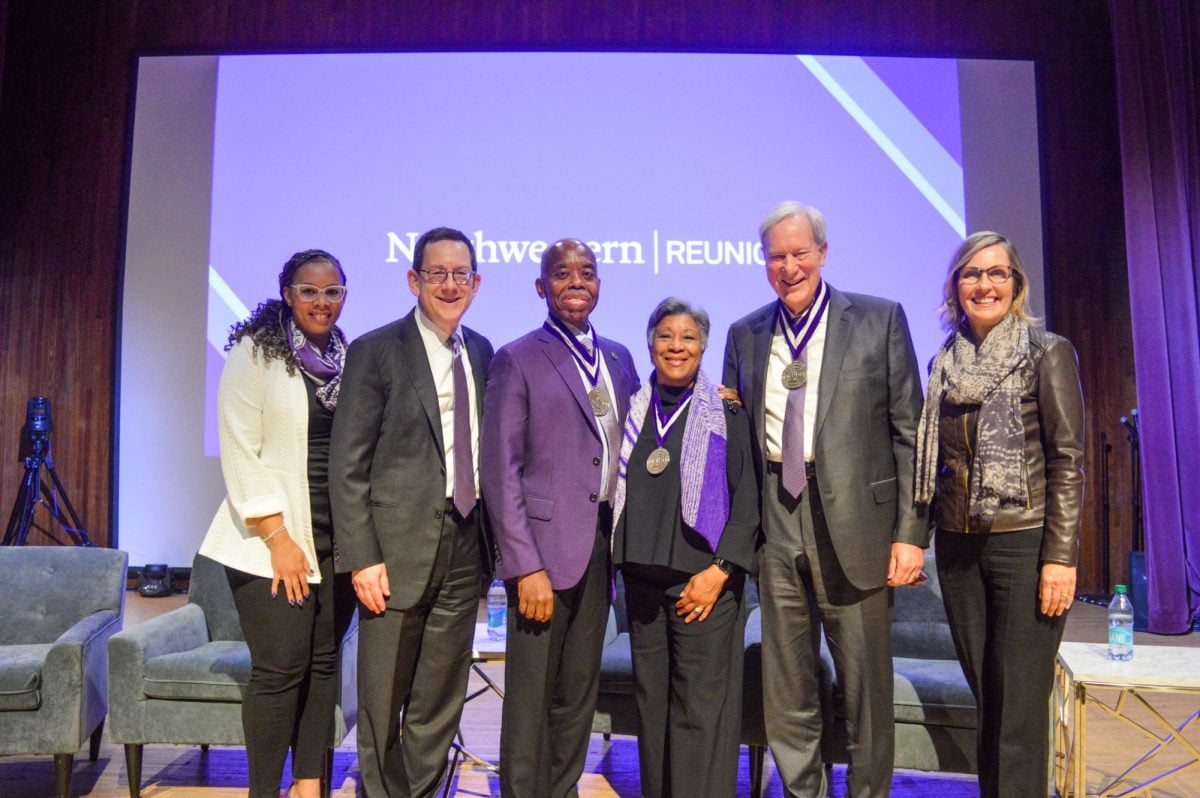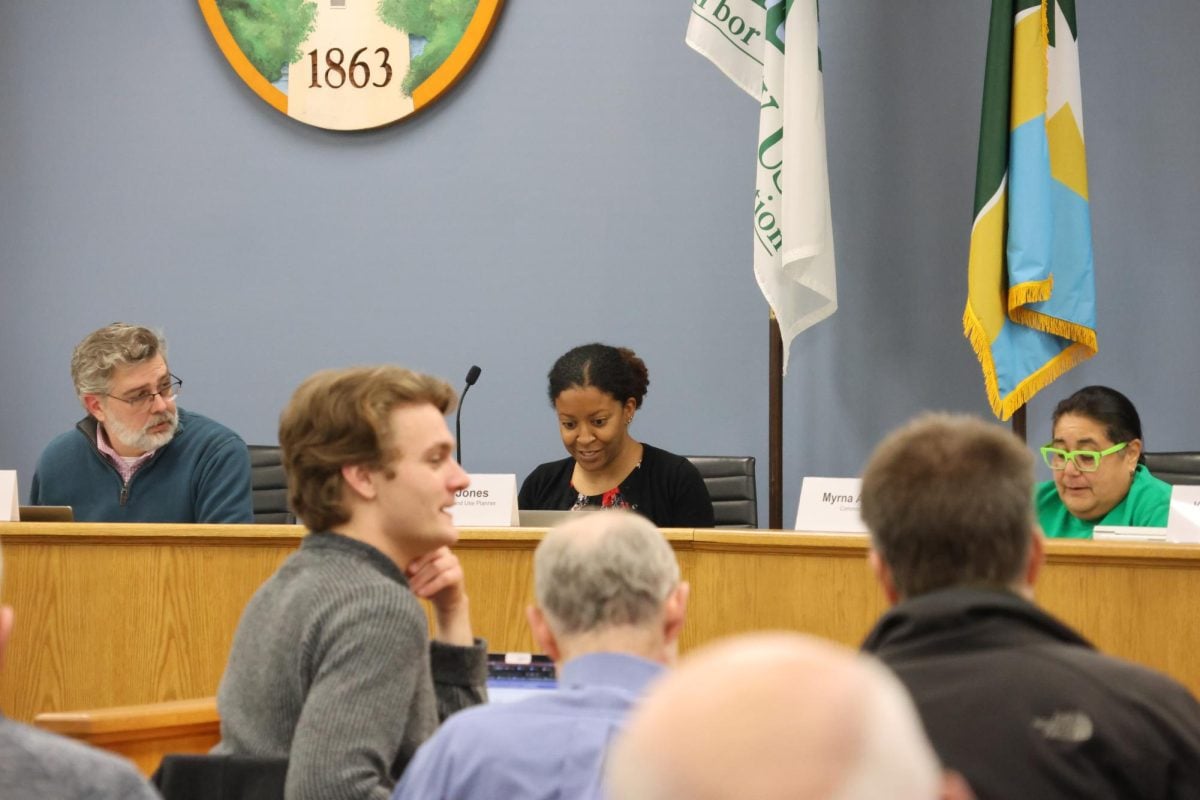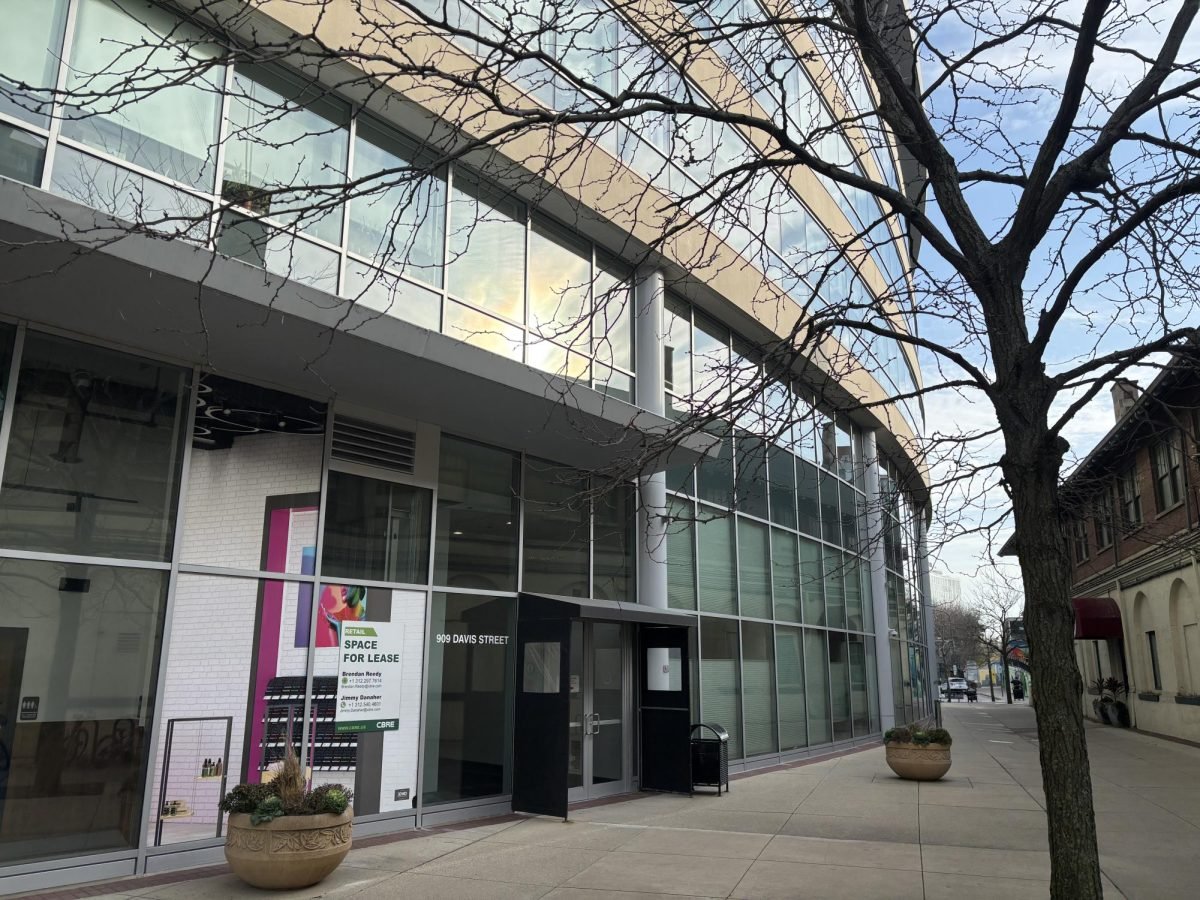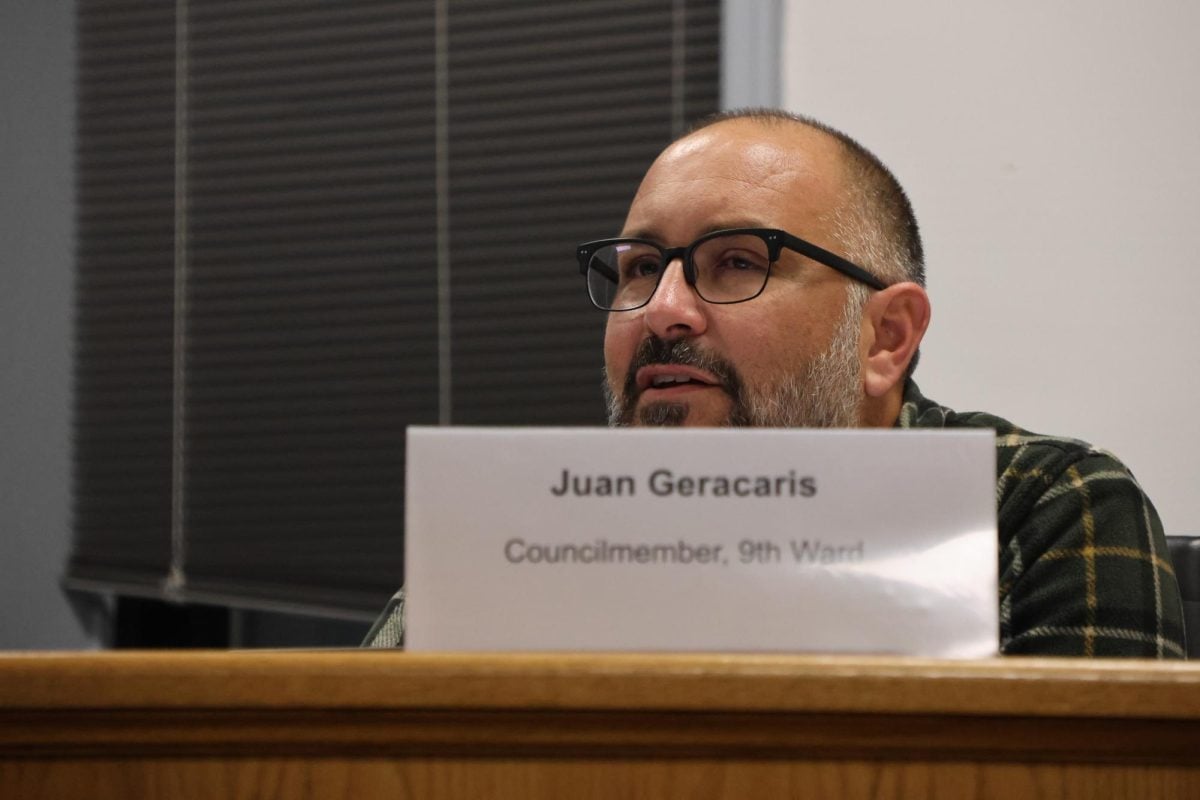For SESP Prof. Dan Lewis, working on the city’s Task Force on Homelessness fits naturally with a career’s worth of social work, as well as his own experiences growing up in Chicago.
Lewis, director of the Center for Civic Engagement, is a 27-year Evanston resident and father of two Evanston Township High School graduates. Lewis said he has a vested interest in the neediest and most marginalized members of the community.
“Trying to work out how to get people to live together and work together is something I’ve been passionate about since I was a kid,” he said. “I’ve had a lot of my scholarly life be about that and also a lot of my teaching life and my life as a citizen.”
The mayor’s homelessness task force presented its five-year plan to the Evanston City Council on April 16, and Lewis served as a liaison between NU and the city. When the city council approved the task force’s recommendations to eradicate homelessness in the city, Lewis expressed the University’s commitment to support the study.
“I shared the report with various people in the (University’s) upper administration, and they didn’t seem to have a problem with it,” he said. “The University’s obviously got a vested interest in solving the problem both for moral reasons and also just for practical reasons for the campus. I mean, homeless people wandering around the campus isn’t a good thing either, so I think there’s a lot of support for what the commission’s trying to do.”
The report did not ask for additional city funds to fight homelessness, instead stressing the need to improve coordination among existing city agencies. Lewis said he genuinely believes in the task force’s “housing first” strategy, which he described as the national conventional wisdom for reducing homelessness.
“If you have a good coordinated effort in place, homelessness won’t last very long,” he said. “Historically, some money has come through the federal government. That’s been cut back, which puts a lot of pressure on local communities to live within its means and leverage the funds that are available better.”
Lewis said his entire life has been devoted to civic engagement and social policy, from growing up in Chicago to running the Stanford Workshops on Political and Social Issues for several years after graduating from Stanford University in 1968. Although he originally focused on studying the seriously mentally ill in Chicago, Lewis turned toward the issue of homelessness when he discovered the two problems commonly went hand in hand.
Lewis isn’t teaching this quarter, but he continues to mentor students in community activism through the Center for Civic Engagement.
“These things sort of all fit together,” he said. “We’re trying to improve the quality of public service opportunities of undergraduate and graduate students. And we’re trying to make Northwestern a place where you can study and learn how to be a good citizen not only while you’re here but also afterwards.”












